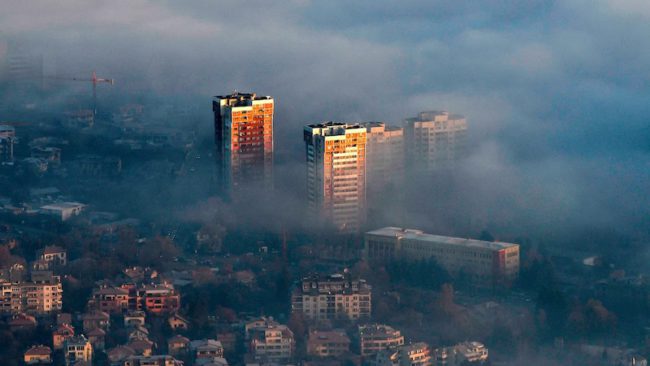
A fascinating article by Piers Forster, a professor of physical climate change and director of the Priestley International Centre for Climate at the University of Leeds, has been published by the BBC. It is all about emissions.
Side Note: yes, also available in other media outlets as well. For example here in The Conversation.
Titled “Covid-19 paused climate emissions – but they’re rising again” and published March 15, 2021, Piers articulates the impact that lockdown has had.
Well yes, spoiler alert, the title gives it away. He does however have a rather important observation to make.
Climate Emissions: Quick Summary Of key points
He basically presents three sections.
Climate Science can Operate in Real time
The first describes how climate scientists had to rapidly scrabble to find out in real-time what was going on. They managed to come up with some very smart ways of doing this.
…as the pandemic progressed, the Carbon Monitor project established methods for tracking CO2 emissions in close to real time, giving us a valuable new way to do this kind of science…
No dramatic effect on climate change
With nobody communing to work and nobody travelling, you might perhaps anticipate a climate cooling impact. Apparently not, and here is why …
Despite the clear and quiet skies, research I was involved in found that lockdown actually had a slight warming effect in spring 2020: as industry ground to a halt, air pollution dropped and so did the ability of aerosols, tiny particles produced by the burning of fossil fuels, to cool the planet by reflecting sunlight away from the Earth. The impact on global temperatures was short-lived and very small (an increase of just 0.03C), but it was still bigger than anything caused by lockdown-related changes in ozone, CO2 or aviation.
But they also looked ahead and considered the long-term impact of it all …
Looking further ahead to 2030, simple climate models have estimated that global temperatures will only be around 0.01C lower as a result of Covid-19 than if countries followed the emissions pledges they already had in place at the height of the pandemic. These findings were later backed up by more complex model simulations.
This isn’t a plan for climate action
The lockdown concept is not a viable way to address climate change. Rather obviously we can’t sustain that.
We need to find viable meaningful solutions that don’t bring a devastating economic impact.
Here is the key point he brings …
Colleagues and I have estimated that investing just 1.2% of global GDP in economic recovery packages could mean the difference between keeping global temperature rise below 1.5C, and a future where we are facing much more severe impacts – and higher costs.
He means Green investment of course.
The goal of his article is to point out that right now we are not doing this and we really do need to be doing this. To use his own words ..
It’s essential that strong climate action is integrated into future investments. The stakes may seem high, but the potential rewards are far higher.
You can find his full article here.
